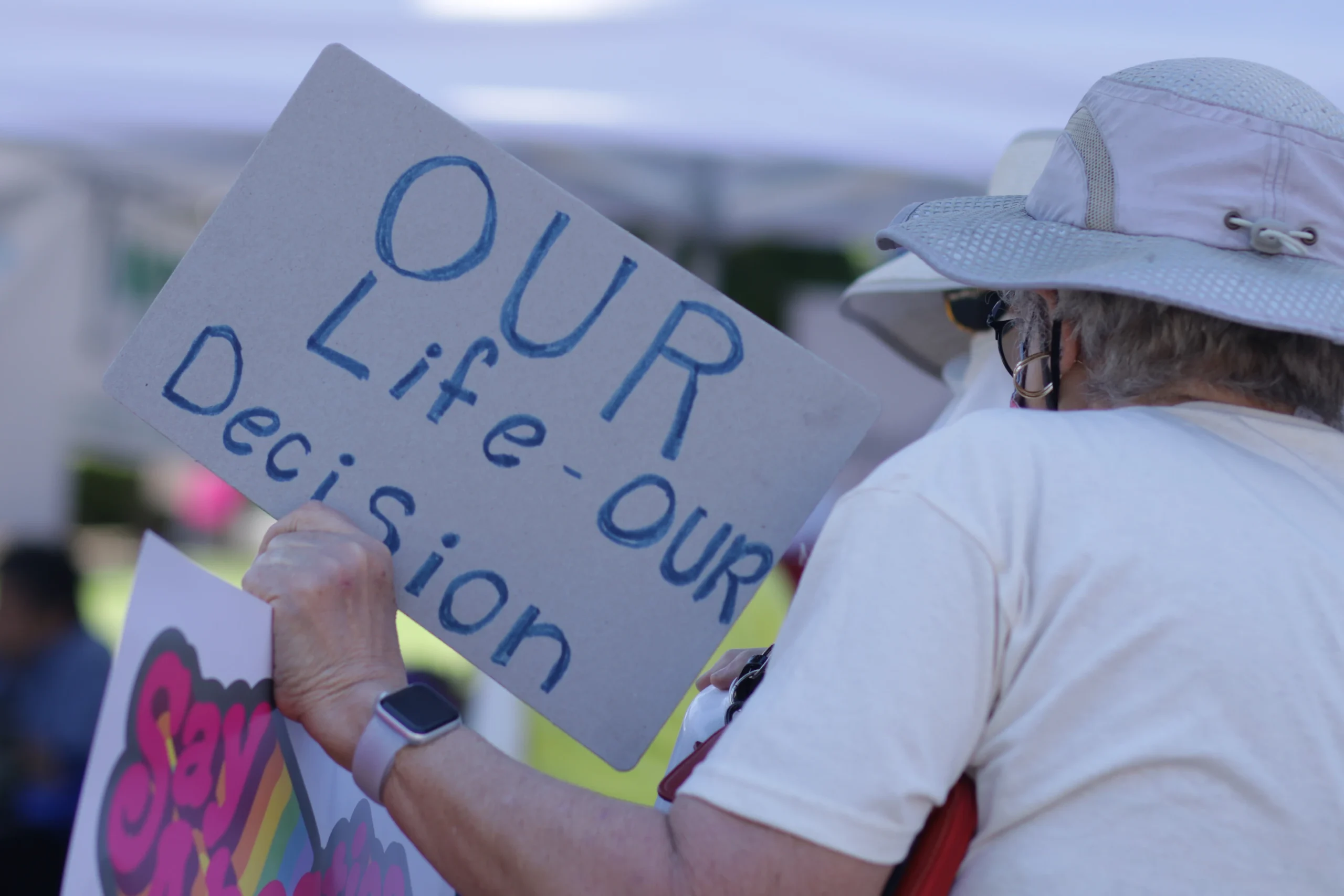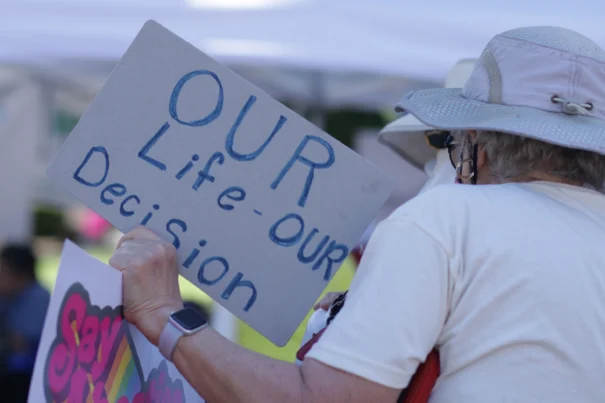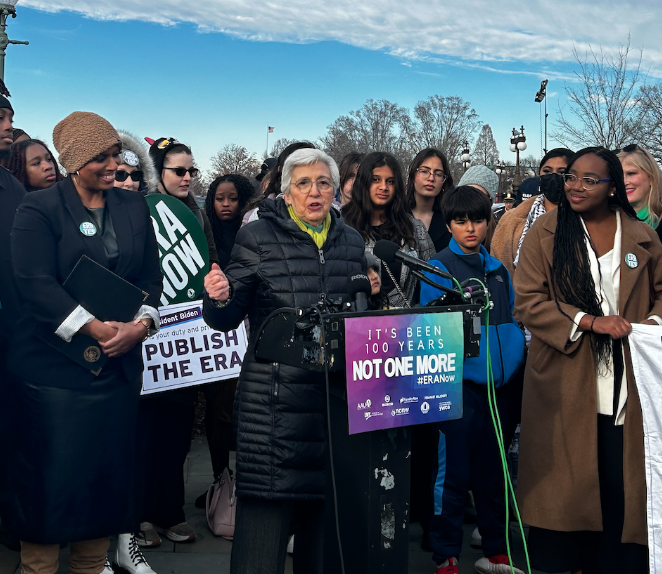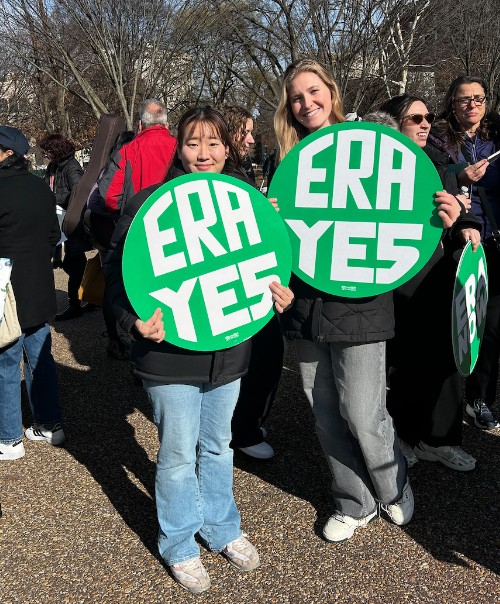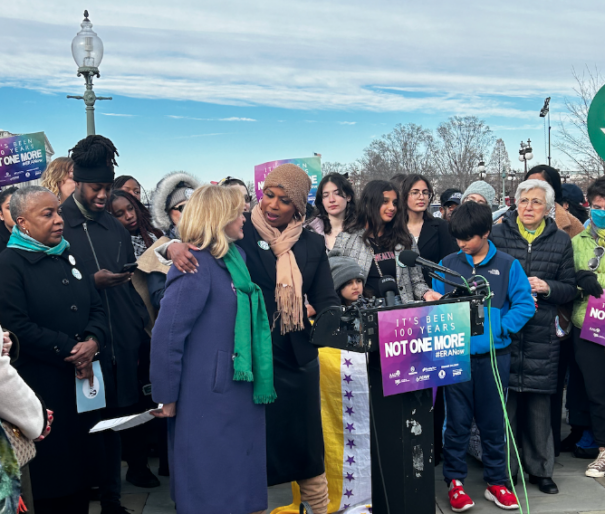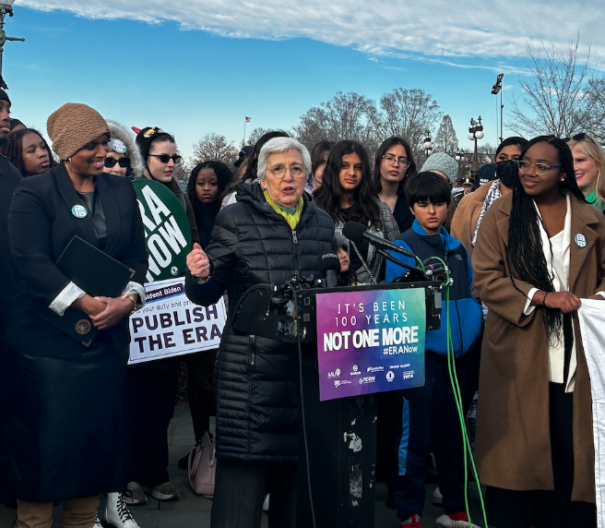While the elite of Washington, D.C., enjoy expensive meals at famed restaurants such as Pastis, Le Diplomate and Rasika, the workers behind the scenes have reportedly contended with sexual harassment, union-busting or both.
STARR Restaurants, the high-end hospitality group led by CEO Stephen Starr, owns several hotspots, including Le Diplomate, St. Anselm and Pastis, as well as restaurants in Philadelphia, New York City, South Florida and Nashville.
According to Unite Here Local 25, a union representing D.C.-area hotel, restaurant and casino employees, two workers at Pastis were subjected to sexual harassment by a supervising chef. The union claimed that the women experienced unwanted touch and verbal harassment, such as being grabbed by the neck from behind, being asked to kiss the chef and being called “babygirl” and “princess.”
Although the workers reported him to STARR human resources, the chef remains employed at Pastis—and according to Local 25, one of the employees who came forward about the alleged harassment was later scheduled to work alongside him.
The union claimed that during an anti-union town hall, STARR management reportedly responded to the sexual harassment claims by saying that such behavior occurs “everywhere,” without taking specific responsibility.
Local 25 and its allies, including the Feminist Majority Foundation (FMF), are mobilizing against STARR Restaurant Group.
On May 29, FMF led a delegation to Pastis to demand that STARR take a stand against sexual harassment and delivered a letter to the restaurant management. FMF was joined by Reproaction, the National Domestic Workers Alliance and Unite Here Local 25 as well as the women who were said to have experienced the harassment by the Pastis chef.
Beth, one of the workers who spoke out, addressed the delegation to share the emotional toll of STARR’s indifference:
“Emocionada porque siento que esta vez sí se va a escuchar nuestra voz, tanto para mi hermana y para mí. Ella salió porque ya no quería más ver a ese hombre ahí.”
“[I’m feeling] excited because I feel like this time our voice is really going to be heard, for both my sister and me. She left because she didn’t want to see that man there anymore.”
Beth also described the pain of continuing to work in the presence of the chef:
“Sé que es difícil estar en este tipo de situaciones, porque tanto estar trabajando en el mismo lugar donde la persona que te ha acosado esté ahí, verlo los días que trabajo es muy complicado, porque eso te daña tanto tu salud mental. Ya no tienes paz, la tranquilidad.”
“I know it’s difficult to be in this kind of situation, because working in the same place where the person who has [allegedly] harassed you is, seeing him on the days I work, is very complicated, because that really harms your mental health. You no longer have peace, the calm.”
She closed with a call for collective action and courage:
“Pero que nosotras somos fuertes, unidas como mujeres. Nosotras podemos salir adelante, porque nosotros somos mujeres y somos fuertes para seguir adelante, por vencidas, porque somos mujeres, y pues entre todas tenemos que apoyarnos y tenemos que poner un alto a este tipo de personas y que el restaurante se dé cuenta que nuestra voz debe ser escuchada.”
“But we are strong, united as women. We can move forward, because we are women and we are strong to keep going, not give up, because we are women. And well, all of us together have to support each other, and we have to put a stop to this kind of person, and the restaurant needs to realize that our voice must be heard.”
But reports of sexual harassment are only part of the problem. STARR’s workers are also fighting for a fair process to decide on unionizing. Despite Le Diplomate, arguably D.C.’s most prominent restaurant, generating almost $30 million yearly, many employees say they struggle to earn a living wage.
In January 2025, the majority of workers at St. Anselm, Pastis and Le Diplomate called on STARR to voluntarily recognize their union—a move recently embraced by renowned chef José Andrés in his own restaurant.
However, the union claims that STARR launched a campaign to undermine unionization efforts. According to Unite Here Local 25, workers were offered raises and promotions in exchange for their support in campaigning against unionization. Anti-union “persuaders” supposedly were hired for daily campaigns against unionization, and the company is said to have threatened workers.
In February, St. Anselm’s workers voted to join Unite Here Local 25. Still, STARR Restaurants refused to recognize the vote. Instead, they filed objections, arguing that the National Labor Relations Board (NLRB) cannot approve the results of union elections unless there are a sufficient number of board members. They also accused the union of coercive tactics like waiting outside workers’ homes and offering immigration assistance in exchange for voting yes—claims Local 25 has strongly denied. According to the union, similar elections at Pastis and Le Diplomate also experienced interference. The workers at Pastis voted down the union, and according to Local 25, STARR cancelled the Le Diplomate election.
The workers who power D.C.’s most celebrated restaurants are speaking out, organizing, and demanding better. They are sending a clear message: Profit must not come at the cost of their humanity.













